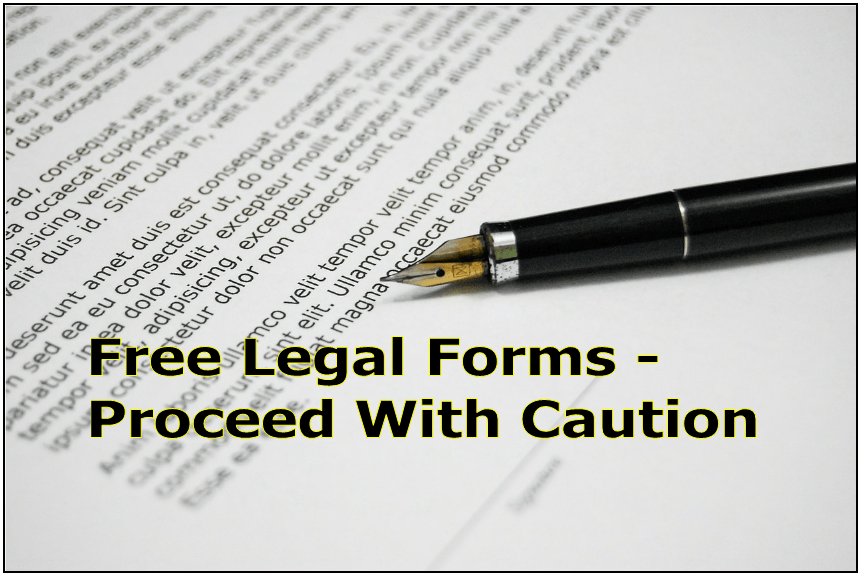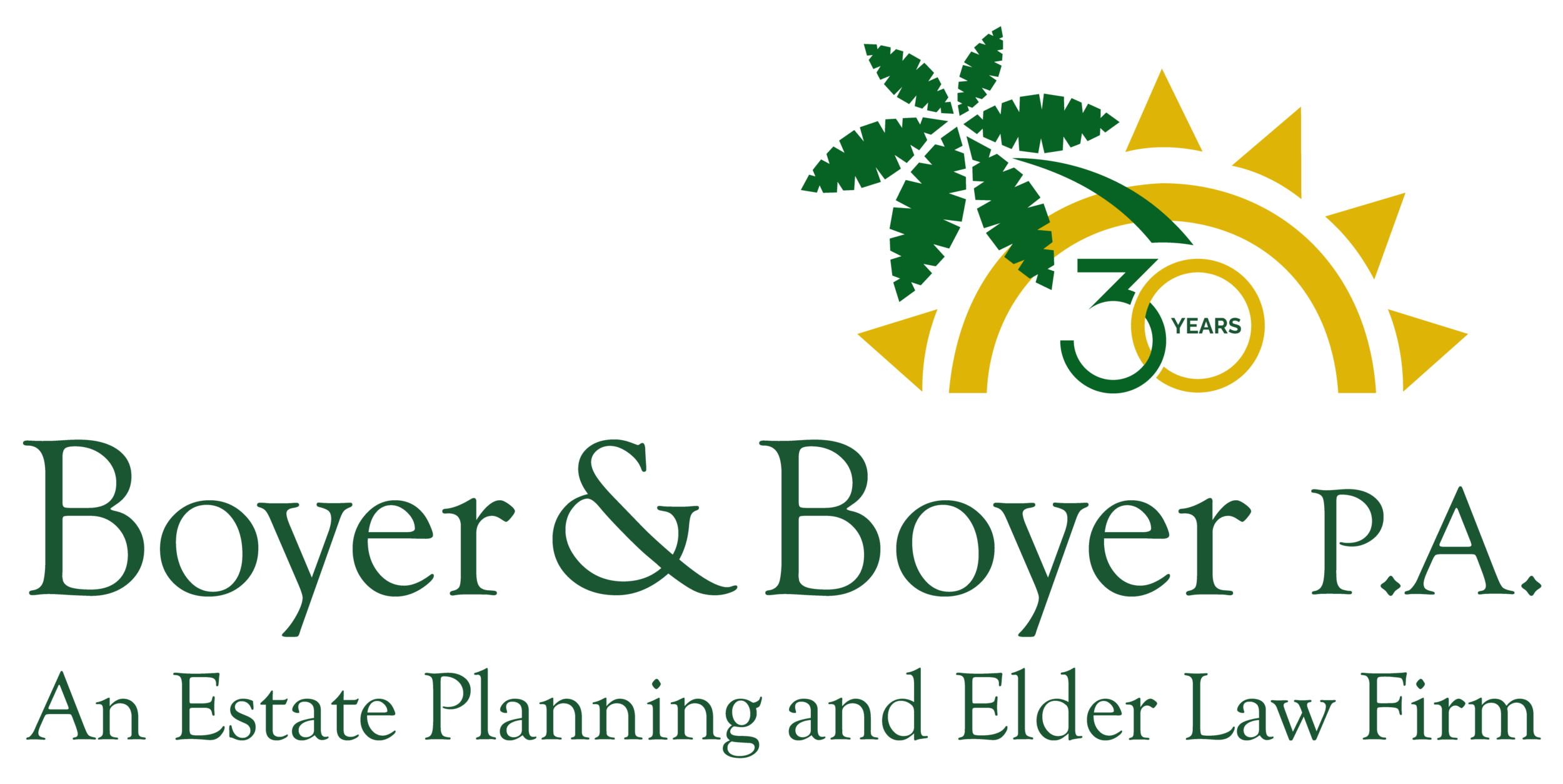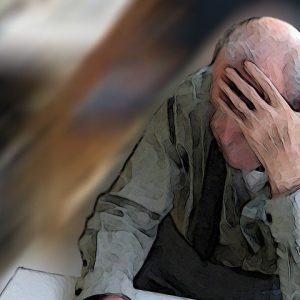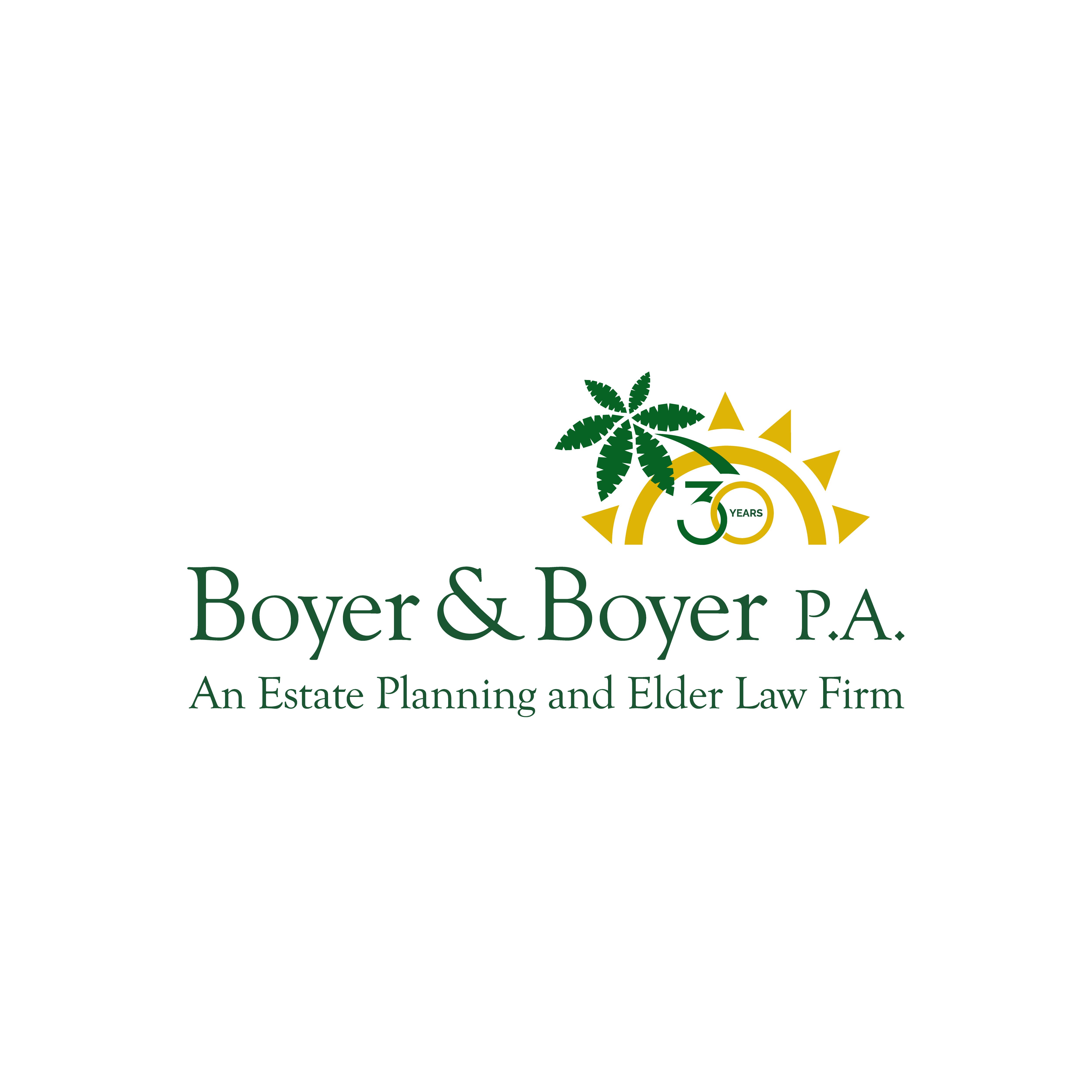
Do-It Yourself and Free Estate Planning Forms…Proceed with Caution
By admin
A quick search of the internet reveals no shortage of Free Power of Attorney Forms, Free Will Forms, and other fill in the blank estate planning documents. With the rampant growth and availability of the do-it yourself (DIY) legal market, it is worth taking a moment to evaluate what is in the consumers’ best interest. Specifically with estate planning documents, the consumer may be found being penny wise and dollar foolish. Many of us have spent most of our lives earning, saving, and planning for the future. Following a lifetime of financial and personal investment in your family’s future you should be sure that your actual intent and desires are accurately represented in your final documents. The costs saved may be relatively small in money and wholly insignificant when measured against the intended outcome versus the actual outcome.
At issue is how to determine intent when something doesn’t go as planned. This was recently the issue in the case of Ann Aldrich’s estate, Aldrich believed that she properly left everything to her sister, Mary. Aldrich v. Basile, SC11-2147 (Fla. 2014). Aldrich used a DIY legal form to create a last will and testament. In her will she left all of her estate to her sister, Mary, and listed her home, home contents, IRA, life insurance, automobile, and the accounts in her bank. Aldrich further instructed that if Mary passed away first, then everything listed should go to her brother, James. As life would have it Mary passed away first and left some money and land to Aldrich. Following this new inheritance, Aldrich wrote another note, “Just a Note” to put with her first will stating “all my worldly possessions pass to my brother James,” with one witness. Nearly six years later, Aldrich passed away. Up to this point, most would agree that Aldrich wanted everything she has to go to her brother, James, since Mary has passed away. Had she had an attorney, the intent expressed to this point likely would have been honored.
When we pass, all that remains to express our last wishes are the documents we leave behind. When James tried to have the courts honor Aldrich’s DIY self-prepared will, two nieces from a different deceased brother claimed that Aldrich’s will did not properly leave the money and land inherited from Mary to James. This issue would be contested all the way to the Florida Supreme Court. The nieces argued that the money and land were not properly disposed of in the will. This argument was supported by the lack of a general devise or residuary clause in the will and the improper execution of the note with one witness. In the end, the Court sided with the nieces. The Court determined that Aldrich intended to leave only the listed property to her brother and not the land or money left by Mary. Absent a general devise, residuary clause, or specifically leaving the challenged assets as Aldrich did, her other property, the land, and the money in question, were not covered by the will. In Aldrich, the Court also reiterated that it is well established that the intent of the testator controls when construing a will. Further, intent of the testator should be determined within the four corners of the document absent ambiguity. All of the issues discussed by the Court as to why the nieces are entitled to inherit would have easily been addressed by an attorney had Aldrich sought legal advice when preparing her will.
Unintended consequences, aren’t just a concern for testamentary documents, it is vital to be sure that advance directives are properly drafted and executed as well. Durable Power of Attorney and Advance Healthcare Directives can serve as a great planning tool for individuals and their families. Often times during crisis these documents allow appointed decision makers to manage the affairs of an incapacitated person smoothly and without issues. Many consider these documents to be relatively simple and for this reason feel a sense of safety or security in obtaining simple templates online or in stores. As with most documents the devil lies in the details. Increasingly, banks and other institutions are scrutinizing power of attorney documents in an attempt to prevent exploitation. Often we are contacted by individuals who have experienced push back from a bank or other financial company when trying to use a power of attorney. Frequently, the answer to the question, “Who drafted the power of attorney?” is “I found it online and it was supposed to be good for Florida.” Most commonly the forms include improper grants of authority, invalid contingent requirements, or incorrect witnesses. All of the mentioned deficiencies are easily prevented through a conversation with qualified and experienced attorney.
Meeting with an attorney to discuss in detail your testamentary intent is perhaps the most valuable piece of the estate planning process. Your lawyer listens to your wishes, asks necessary questions to fill in the gaps, and creates a plan to best execute your desires. Your attorney also makes sure that the documents are validly executed and will accurately reflect your final wishes. Cost savings are the number one reason consumers seek DIY services. However, once the consumer weighs the potential for mistake, burden on loved ones, and the potential that their last wishes may not be followed, the services of an attorney are likely worth the investment.
References:
Article Consulted: http://www.foxbusiness.com/personal-finance/2014/05/05/do-it-yourself-wills-cheap-now-expensive-later/
Case: http://www.floridasupremecourt.org/decisions/2014/sc11-2147.pdf




